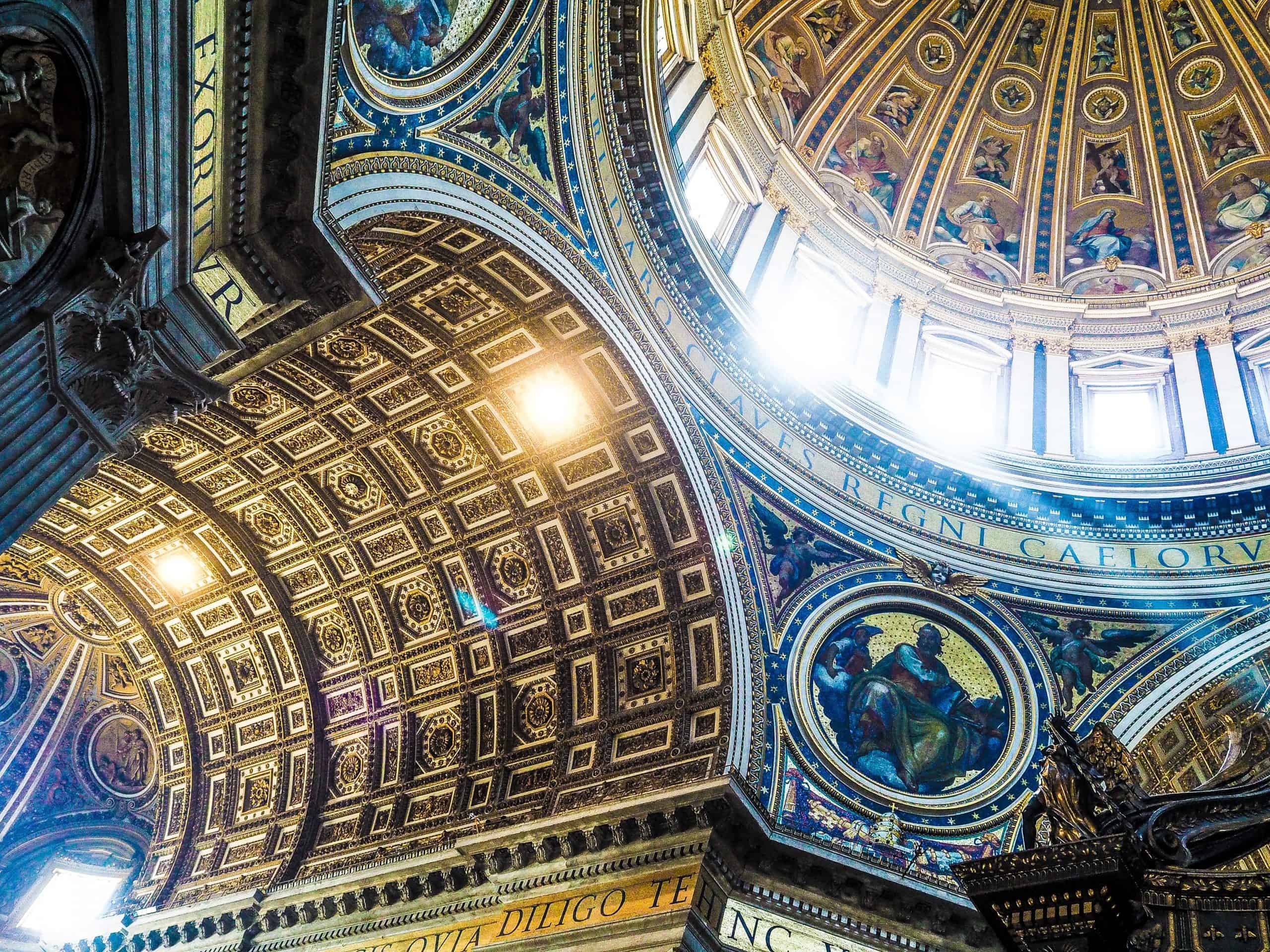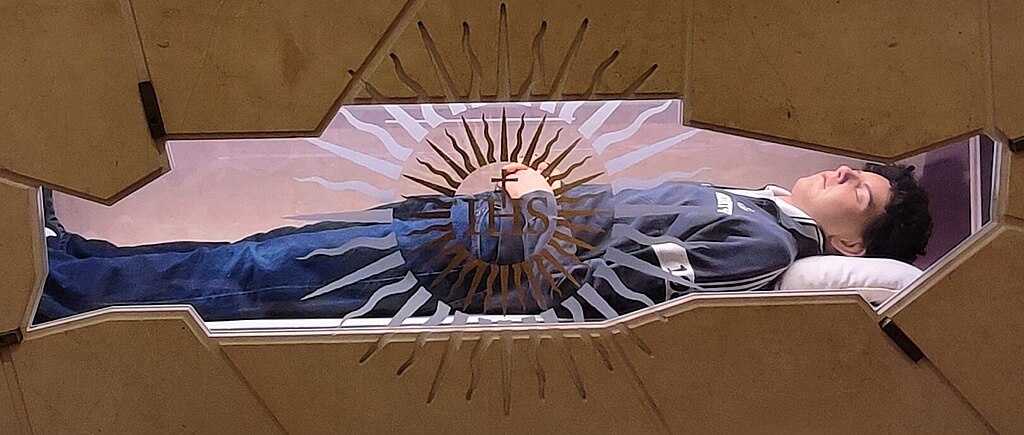By Kevin Effron
Lent has always been one of my favorite liturgical seasons. It has always struck me as symbolic of the Christian journey to Heaven because the themes of Prayer, Fasting, and Almsgiving are central to the Christian life. We must always be living out these ideals, but in Lent they take on a special centrality to our faith lives.
On Ash Wednesday, we mark ourselves with a sign of all of these things. The Cross reminds us of the start of our every prayer. The ashes symbolize our fasting. And we are called to give alms through the ashes that remind us of our lack of need for earthly goods.
So what does this mark of Christianity mean to you? Does it encourage you in your fasting as you deny yourself food throughout the day? Does it bring you into deeper prayer as you recognize the finiteness of your earthly life and reliance upon God for eternal life? Does it encourage you to give up worldly goods and give to those in need? How does the Cross of Ashes change your life?
As this Lenten season begins, it is also a perfect idea to reflect upon what we have chosen to give up for Lent. This thing speaks highly to our personal identity as well as our identity as Catholics. Even nominal Catholics take up the practice of giving things up for the season. We all do it! Personally I will be sacrificing some of the time I normally spend watching television shows and will instead take that hour I gain for personal prayer with God.
In our sacrifices, we are edified in a manner that leads us closer to God. This deepening of our relationship with the Lord helps us to become the Christians we are and tells others around us about the importance of our faith. The more difficult the sacrifice, the more you come to reveal your Christian identity as putting God first. When we are able to let go of the hardest things to let go of, it truly shows that God is at the heart of our lives, which of course is the whole point of prayer, almsgiving, and fasting. So what have you given up for Lent this year? What does it say about you and your Catholic faith?





